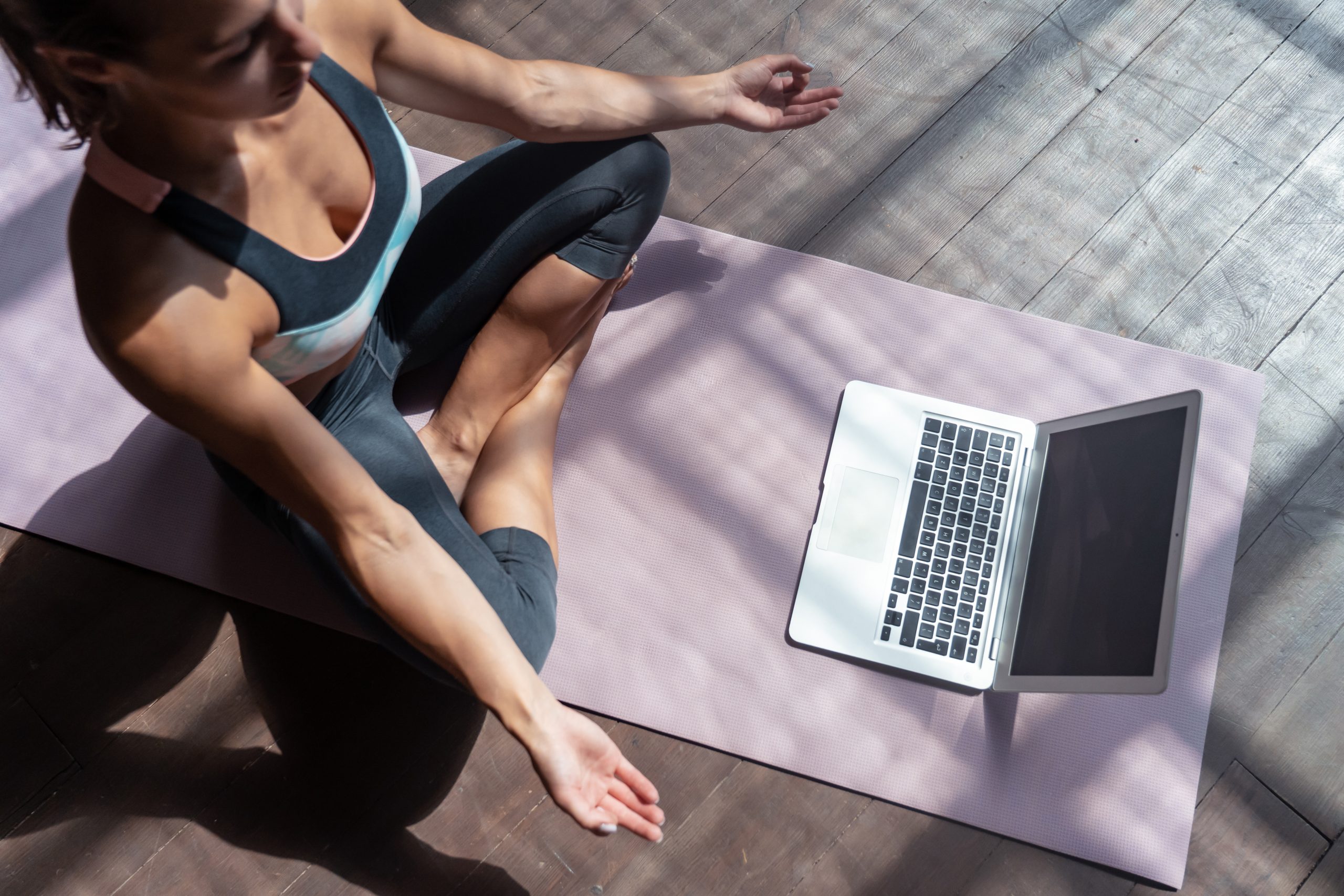Last Updated on February 2, 2026 by Maite
Winter brings unique challenges, from shorter days and colder temperatures to feelings of low energy often referred to as the “winter blues.” For some, this seasonal dip in mood may contribute to a condition called Seasonal Affective Disorder. While there are various approaches to managing these feelings, one accessible practice is meditation. In this blog, we’ll explore how meditation may support your mental wellbeing during the colder months.
Understanding the winter blues
The winter blues are often characterised by low energy, a sense of lethargy, and a lack of motivation that tends to occur during winter months. Reduced exposure to sunlight can disrupt your body’s internal clock and impact serotonin levels—a neurotransmitter involved in mood regulation.
The potential benefits of meditation
Meditation is a practice that involves focusing the mind and clearing distractions to cultivate mental clarity and emotional calm. Practicing meditation regularly may offer mental health benefits that support a sense of calm and wellbeing during winter. Here are some ways meditation might help:
1. Supporting stress management
One well-known benefit of meditation is its role in managing stress. Practicing mindfulness meditation can help you observe thoughts and feelings without judgment, which may aid in stress management. During winter, when stress can be heightened by limited sunlight and cold weather, meditation can provide a sense of calm and relaxation
2. Improving mood
Meditation may help support mood by promoting relaxation and calmness. By incorporating regular meditation into your routine, you can work toward supporting your overall sense of wellbeing.
3. Supporting Sleep Quality
Poor sleep is common during winter, often due to disruptions in circadian rhythms and increased stress. Meditation may help improve sleep quality by promoting relaxation, and guided sleep meditations can be especially useful for those looking to support restful sleep.
4. Increasing mindfulness
Mindfulness meditation encourages you to focus on the present moment, which can help you appreciate the positive aspects of winter. Developing a mindfulness practice may help foster a sense of gratitude and contentment.
5. Promoting Immune Health
Some research suggests that meditation may play a role in immune support, which can be especially helpful during the winter months when colds and flu are more prevalent. A well-supported immune system may contribute to a greater sense of energy and wellbeing.
How to get started with meditation
Starting a meditation practice can be simple and can be done anywhere, anytime.
- Find a quiet space: Choose a quiet, comfortable space where you won’t be disturbed.
- Set a timer: Start with just 5-10 minutes a day and gradually increase the duration as you become more comfortable with the practice.
- Focus on your breath: Pay attention to your breathing, taking slow, deep breaths in and out. If your mind wanders, gently bring your focus back to your breath.
- Try guided meditations: There are many apps and online resources that offer guided meditations, which can be helpful if you’re new to the practice. Soelae Riley, Greencare Wellness Expert and Meditation Teacher offers one on one meditation sessions via zoom for beginners and advanced meditators.
- Be consistent: Consistency is key to reaping the benefits of meditation. Try to meditate at the same time each day to build a habit.
While winter can bring unique challenges, adding meditation to your daily routine may support your overall wellbeing. By helping manage stress, supporting mood, enhancing sleep, increasing mindfulness, and contributing to a sense of balance, meditation can be a valuable tool for maintaining mental and emotional health.
Ready to explore mindfulness strategies? Book a one-on-one meditation session with one of our Greencare Wellness Experts, Soelae Riley.
Disclaimer: General information only. Not medical advice. Consultations with qualified practitioners determine suitability.











